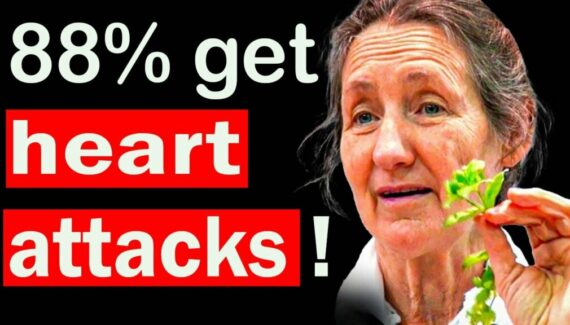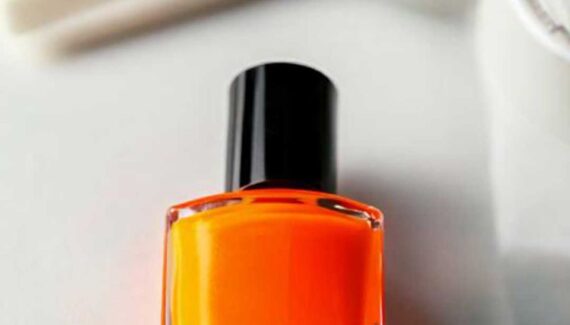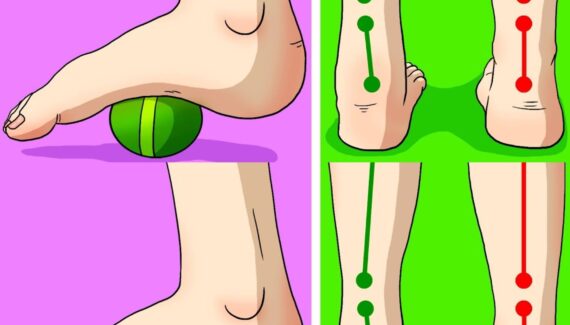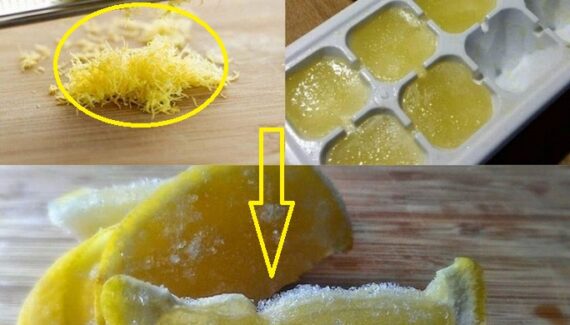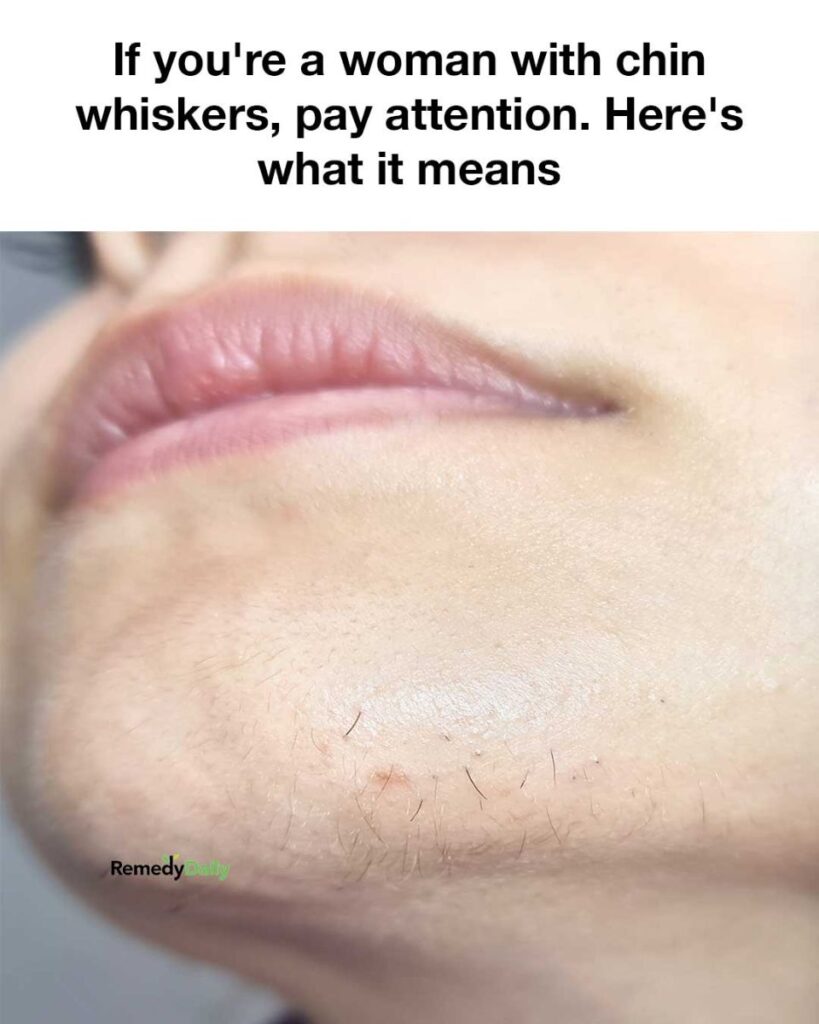
If You Are a Woman With Chin Whiskers, Pay Attention: Here Is What It Means (And What to Do Step by Step)
Facial hair is a normal part of human biology — both men and women have it. However, for many women, the sudden or excessive appearance of coarse, dark chin whiskers can be alarming, particularly if it seems out of the ordinary. While often harmless, chin hair in women can sometimes be a sign of deeper health or hormonal issues that deserve attention.
In this article, we’ll explore:
- What causes chin whiskers in women,
- The potential health implications,
- When to seek medical advice, and
- Step-by-step natural and medical approaches to manage it.
Understanding the Causes of Chin Whiskers in Women
1. Hormonal Imbalances (Especially Androgens)
The most common reason for chin whiskers in women is a hormonal imbalance, particularly an excess of androgens — male hormones like testosterone that are also naturally present in women in small amounts.
When these hormone levels rise, women may notice:
- Coarse hair on the chin or jawline,
- Oily skin or acne,
- Irregular menstrual cycles.
This condition is called hirsutism, and it affects around 5–10% of women of reproductive age.
2. Polycystic Ovary Syndrome (PCOS)
PCOS is a common hormonal disorder among women that causes:
- Irregular periods,
- Ovarian cysts,
- Infertility,
- Weight gain,
- Excess facial or body hair, including chin whiskers.
3. Menopause
During menopause, estrogen levels drop, and this can tip the hormonal balance, increasing the relative influence of androgens — leading to unexpected facial hair growth.
4. Genetics
Some women are simply more genetically predisposed to facial hair due to their ethnic background or family history. Women of Middle Eastern, South Asian, or Mediterranean descent often naturally have more facial hair.
5. Medications and Health Conditions
Certain medications such as steroids, testosterone therapy, or hormone-based drugs can trigger chin whisker growth. Other causes include:
- Cushing’s syndrome,
- Adrenal gland disorders,
- Insulin resistance or type 2 diabetes.
When Should You Be Concerned?
If chin whiskers are accompanied by other symptoms like:
- Deepening of the voice,
- Hair loss on the scalp,
- Increased muscle mass,
- Irregular periods,
- Sudden or rapid onset of facial hair,
…then it’s best to consult a doctor for hormonal testing, including:
- Testosterone levels,
- DHEA-S (an androgen from the adrenal gland),
- Insulin and glucose levels.
Step-by-Step Solutions: Managing Chin Whiskers Naturally and Medically
Step 1: Get a Medical Diagnosis
Start by visiting a dermatologist or endocrinologist. They may order:
- Blood hormone tests,
- Ultrasound (if PCOS is suspected),
- Physical exam of hair growth patterns.
This helps determine the underlying cause before jumping into treatment.
Step 2: Lifestyle Adjustments for Hormonal Balance
✅ Weight Management
If PCOS or insulin resistance is involved, losing even 5–10% of body weight can significantly reduce androgen levels and hair growth.
✅ Dietary Changes
Eat a hormone-friendly diet rich in:
- Leafy greens,
- Berries,
- Healthy fats (avocados, nuts),
- Lean proteins,
- Whole grains.
Avoid:
- Sugar,
- Refined carbs,
- Dairy (for some women with hormonal acne/hirsutism),
- Highly processed foods.
✅ Exercise Regularly
Exercise helps regulate insulin levels and supports hormonal balance.
Step 3: Natural Remedies to Reduce Facial Hair
While not overnight solutions, these natural methods may gradually reduce the thickness or frequency of hair growth:

